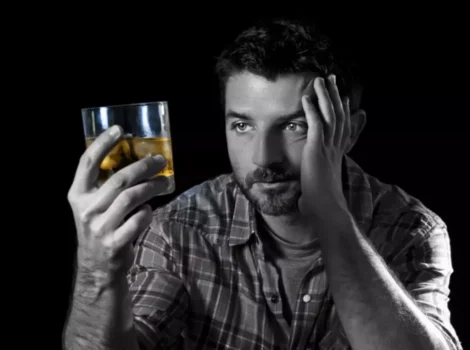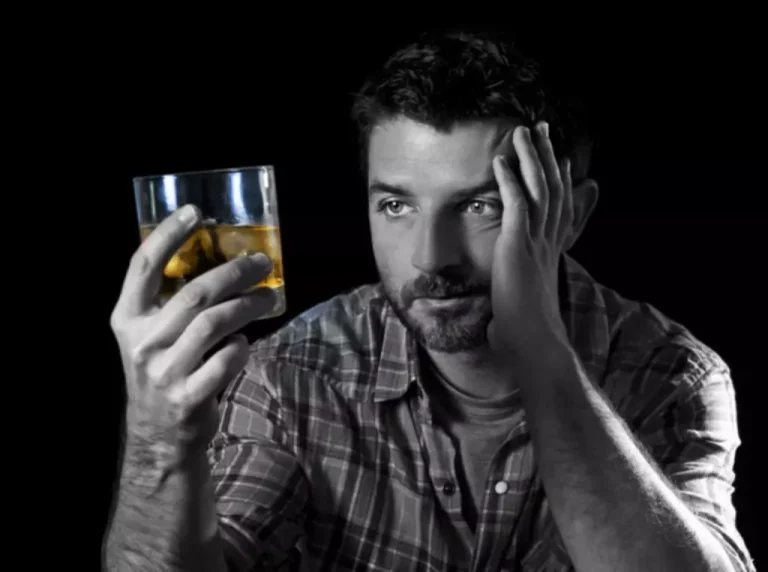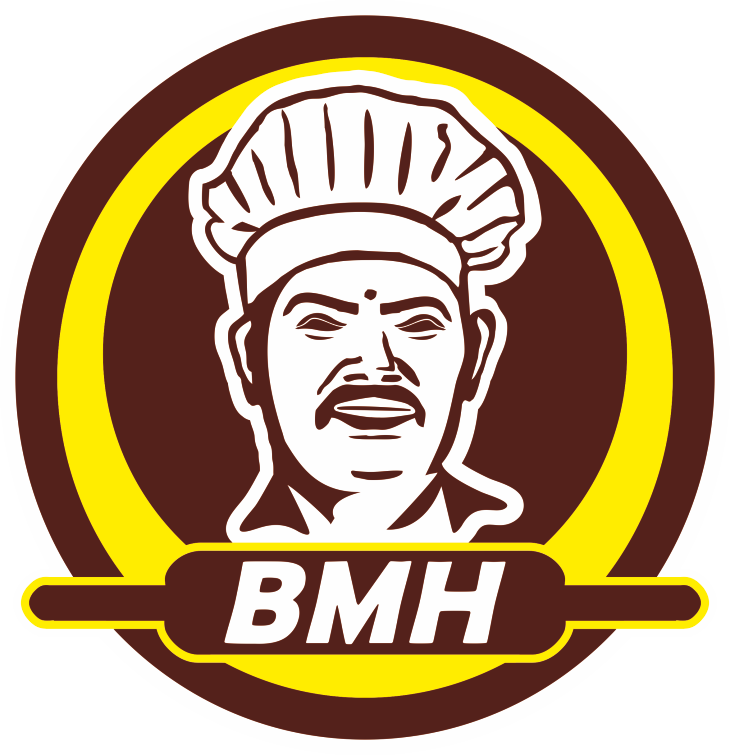

Many people relapse following long-term sobriety because they feel like they conquered their addiction. They feel like they can go back to using substances again because they won’t get addicted. Then, you get bad news, and suddenly, you feel triggered. You go back to using or drinking as a way to cope with the unexpected.
- It can show you what you need to change to recover successfully.
- An emotional relapse occurs when you are not even thinking about using alcohol or substances but are also not taking care of your emotional health.
- No matter what stage our guests enter treatment, we strive to meet them right where they are.
List out all the reasons why you deserve recovery
It happened, and now you’re ready to move past it. Relapse is only the end of recovery if you let it be. When you relapse during recovery and go back to using substances, even if it’s just one time, your risk of overdose is high.
- This is why isolation is so dangerous and why finding your new sober tribe is a key aspect of a healthy recovery.
- The actual statistic comes from a study conducted in 1989 – so a bit dated – by the National Institute on Alcohol Abuse and Alcoholism.
Recognizing the Signs: Emotional, Mental, and Physical Phases


Acting quickly to change your circumstances will lessen the effects of the relapse on your overall recovery efforts. The faster you get back to your alcoholism treatment healthy routine and get some help analyzing why the relapse occurred, the better off you’ll be. YOU’RE NOT ALONE — Approximately one-third of the people (thousands of Americans) who attempt recovery experience relapse.
What are three evidence-based strategies for relapse prevention?
Anticipate the next steps you need to take and don’t delay in taking them. Act quickly to focus on your recovery again, so your addiction can’t continue. You were doing well staying stopped on your drinking. And then one night, a coworker asks you to grab a drink after work. “Just one drink.” It can’t hurt, you tell yourself. That’s the last thing you remember when you wake up in the hospital the next morning.


Lollapalooza and Its Connection to Alcohol
Have you ever felt like a fraud, worried that your achievements are just luck, and feared that others will eventually discover you’re not as competent as they think? You had a vision for your life up to this point, and you haven’t lived up to it. Commit to working through whatever you’re experiencing with people outside the situation. Or perhaps you feel like you’re missing out on all the boozy adventures your friends have without you. If you don’t get a handle on what’s causing you to feel this way, you may find yourself giving in and getting wasted just to feel better. The important thing is to reprioritize your healthy routines.




Explore how amphetamines affect body temperature, from core changes to health risks. Explore how fentanyl-laced heroin is killing addicts and learn about the urgent crisis and prevention strategies. Discover serene sober vacation ideas and transform recovery into an adventurous journey of tranquility.
Warning Signs of Relapse You Need To Watch Out For
- This might involve engaging in mindfulness practices, meditation, yoga, or regular physical activity.
- If you find yourself rejecting your friends and family, it can be a sign that you’re preparing to relapse.
- Adjustments include recognizing and avoiding triggers.
- Unlike your first stay at a treatment center, now you know how to get on the right track.
In fact, you’ve already started ignoring a lot of these people and are spending more time alone. Whenever I find myself thinking fondly of my drinking days, I remind myself what happened AFTER the good part. Sure, the first few puffs on a cigarette and sips of a drink feel AWESOME. It could also be that you think you’ve got this “problem” beat and can start what to do after a relapse drinking moderately. Whatever the case, this is something you need to deal with, and FAST.

